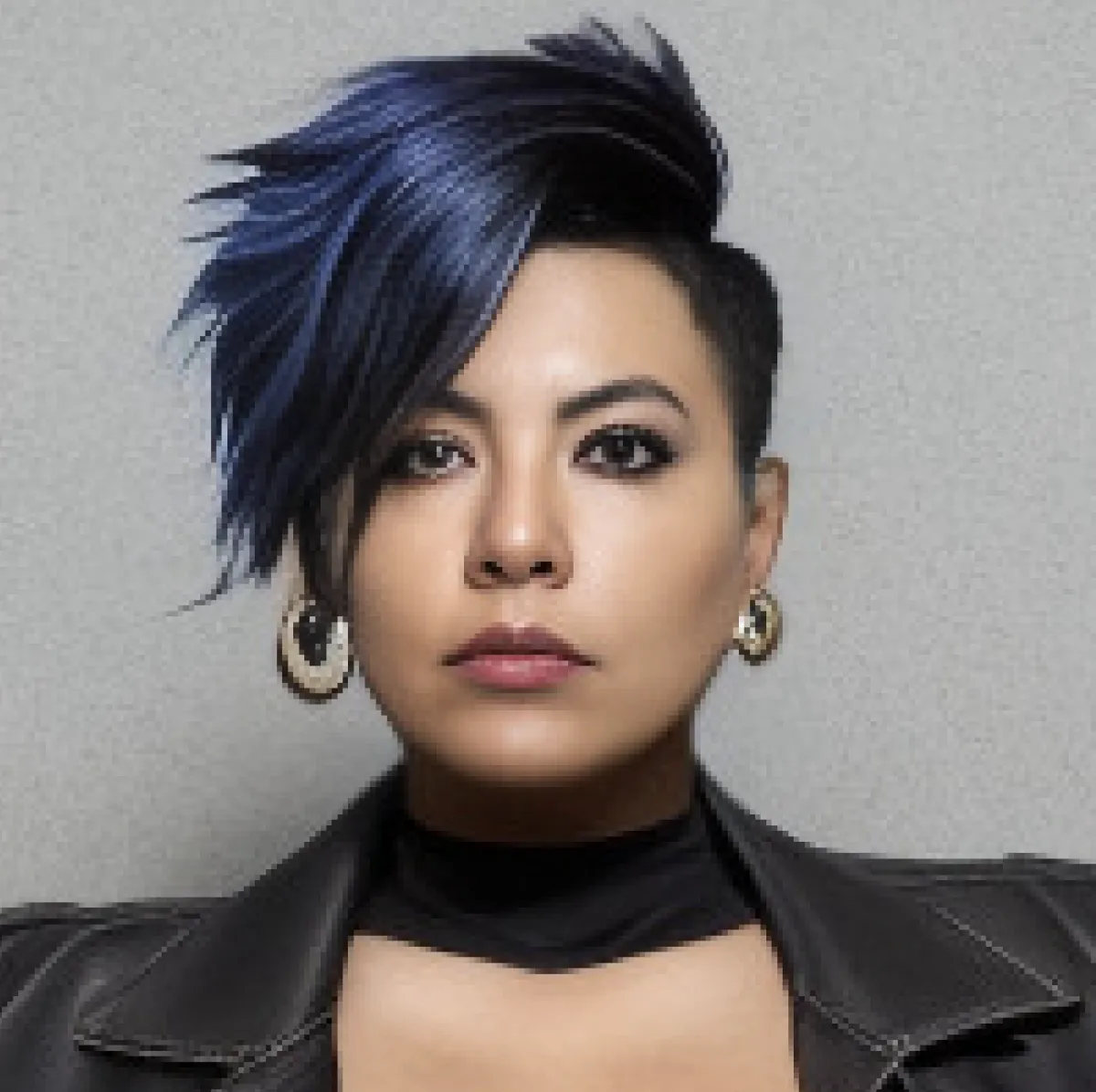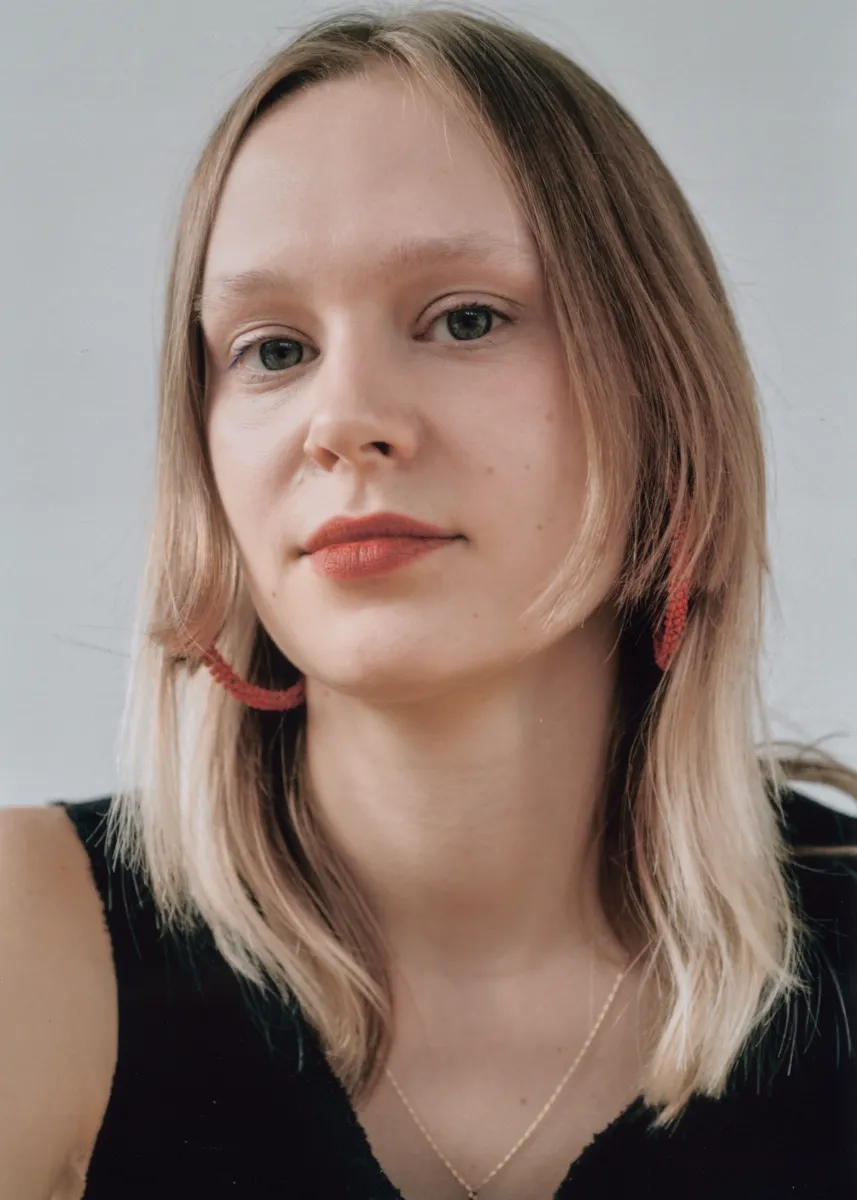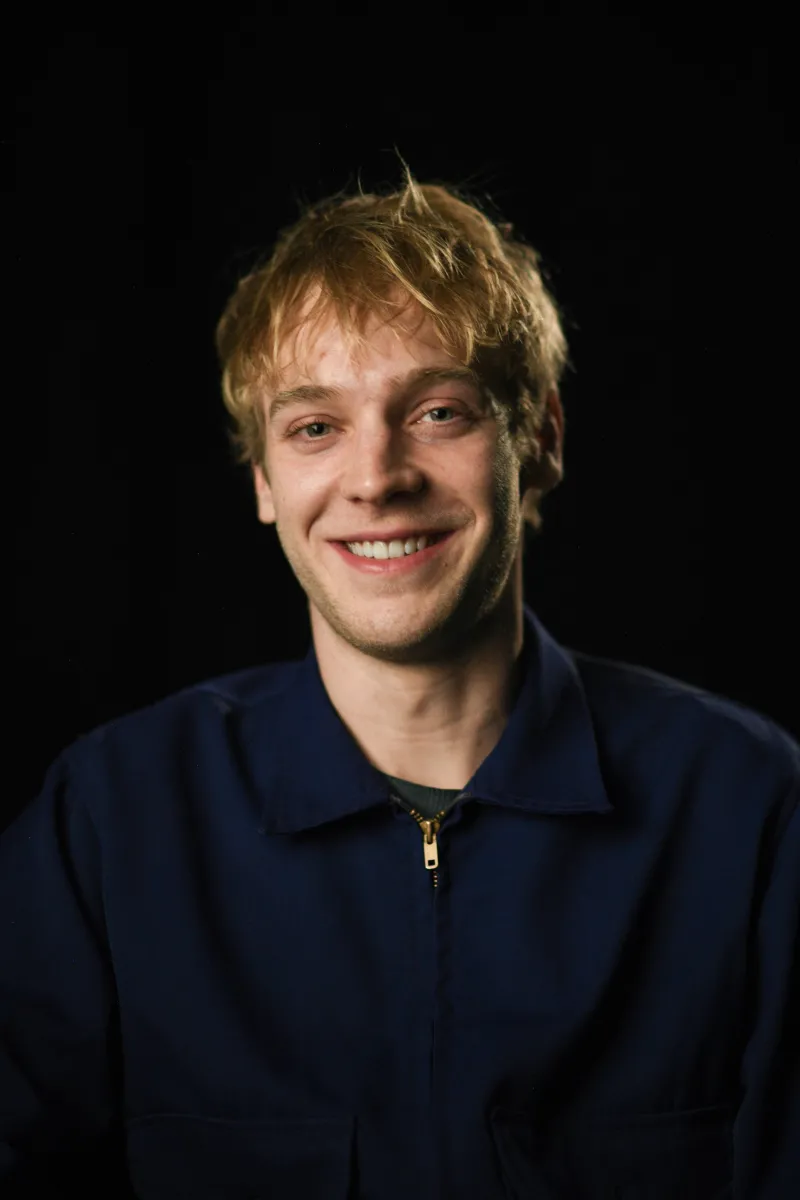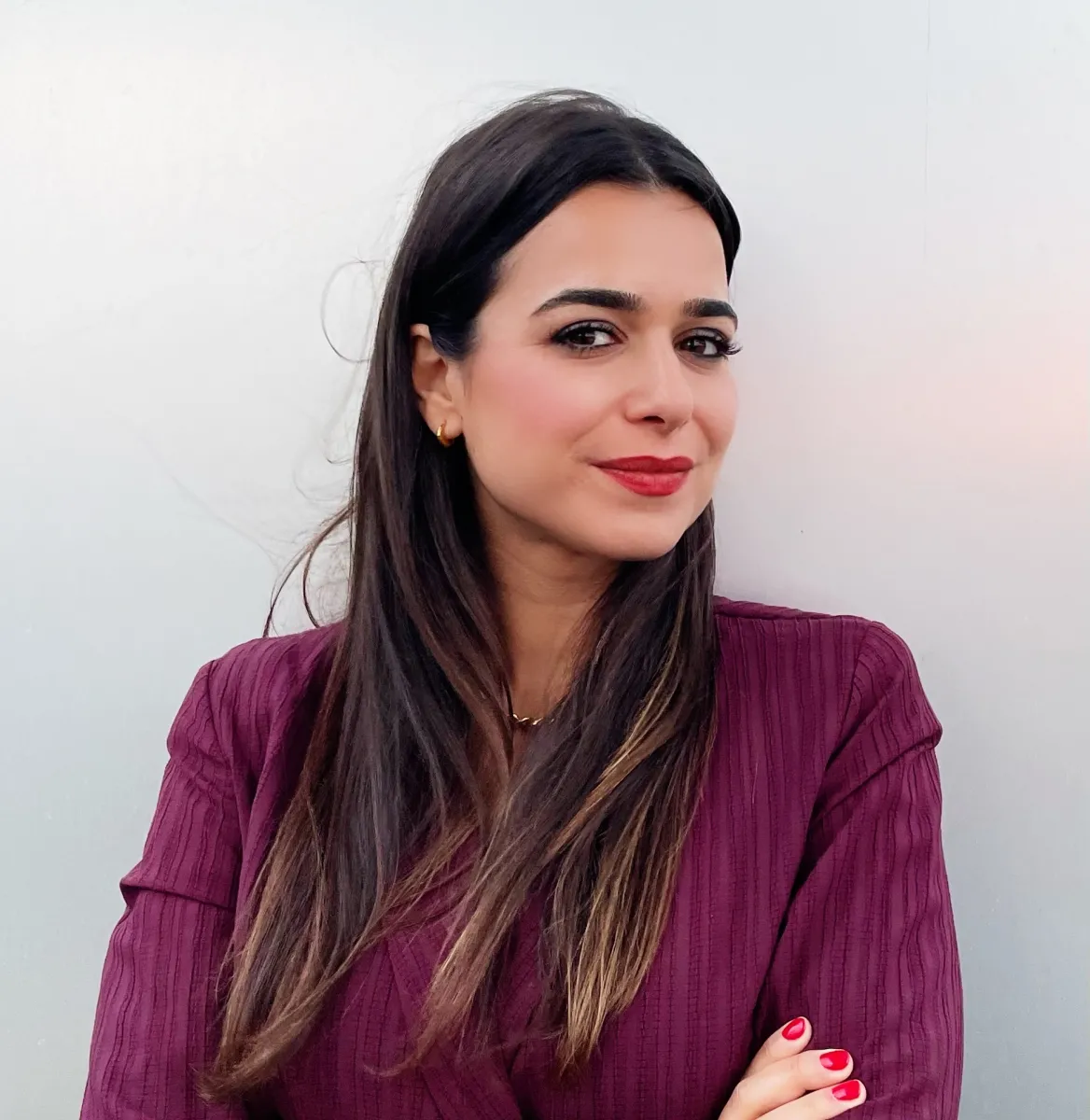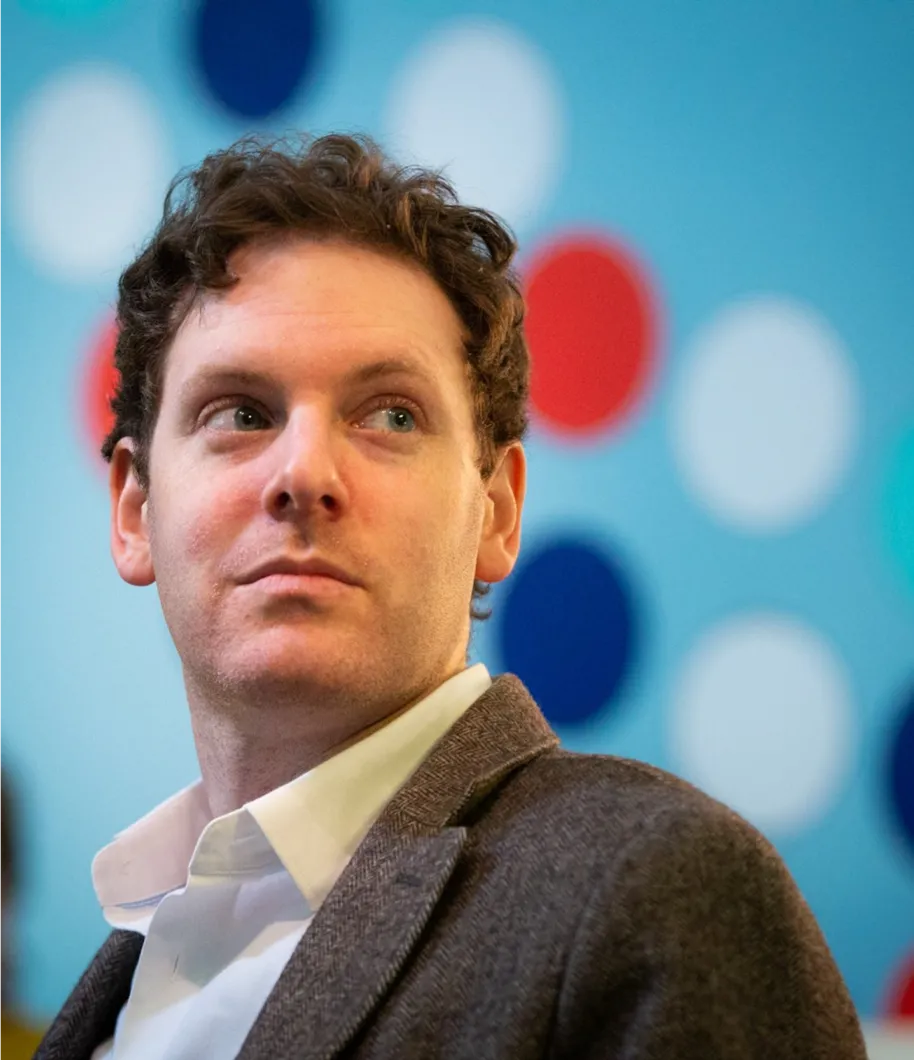-
 Violeta Ayala (The Jaguaress), Speaker
Violeta Ayala (The Jaguaress), Speaker -
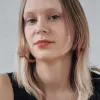 Sophie Compton, Speaker
Sophie Compton, Speaker -
 Reuben Hamlyn, Speaker
Reuben Hamlyn, Speaker -
 Raquel Vazquez Llorente, Speaker
Raquel Vazquez Llorente, Speaker -
 Joshua Glick, Moderator
Joshua Glick, Moderator
What are the ethics of using Deep Fakes to anonymize sources in non-fiction media? What are the layers of consent that require consideration? What are the futures, the risks, and the opportunities of these types of manipulations? What strategies can non-fiction media makers (journalists, documentarians, and artists) implement to navigate the complex landscape of these technologies?
Join our stellar panel as we consider the above questions and more!
In the meantime, below are links to some of our panelists' work for background reading.
